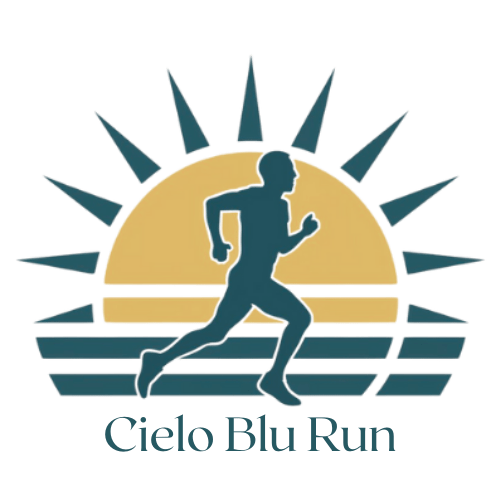Best Recovery Practices After a Half Marathon
Share
You trained hard, pushed your limits, and crossed that finish line—congratulations! Running a half marathon is no small feat. But what you do after the race is just as important as the miles you logged before it.
Proper recovery helps prevent injuries, reduces soreness, and gets you back on your feet feeling stronger. Here’s how to recover the smart way:
1. Rehydrate and Refuel
After 13.1 miles, your body is depleted of fluids and glycogen (your energy stores). Within 30–60 minutes of finishing, focus on:
• Hydration: Sip water or an electrolyte drink to replace lost fluids.
• Nutrition: Eat something with a mix of carbs and protein—think a banana with peanut butter, a recovery shake, or even chocolate milk.
💡 Tip: Avoid heavy or greasy meals right away—your stomach might still be sensitive.
2. Keep Moving (Gently!)
It’s tempting to collapse on the couch—but resist the urge to go completely still.
• Take a slow walk for 10–20 minutes post-race to help your muscles cool down gradually.
• Gentle movement keeps blood flowing, which aids in flushing out lactic acid and reduces stiffness.
3. Stretch and Foam Roll
Once your body has cooled down, spend time stretching your major muscle groups—especially your:
• Calves
• Quads
• Hamstrings
• Hips
Follow it up with a session of foam rolling to release tension and improve circulation. It might be uncomfortable, but your legs will thank you later.
4. Prioritize Sleep
Sleep is one of the most underrated recovery tools.
• Aim for 8–9 hours the night after your race.
• Your body does most of its repair work during deep sleep, including muscle recovery and immune system support.
If possible, take a short nap the same day—just 20–30 minutes can help you bounce back faster.
5. Ease Back Into Running
Your body needs time to repair from the physical stress of the race. Resist the urge to jump right back into training.
• Take 2–5 days off from running, depending on how you feel.
• Start back with short, easy runs or cross-training like swimming, yoga, or cycling.
Remember: Recovery is part of the training process—not a break from it.
Bonus: Listen to Your Body
No recovery plan is one-size-fits-all. Tune into how your body feels, and adjust accordingly. Sore knees? Rest longer. Mentally fatigued? Give yourself grace.
Cielo Blu Run

